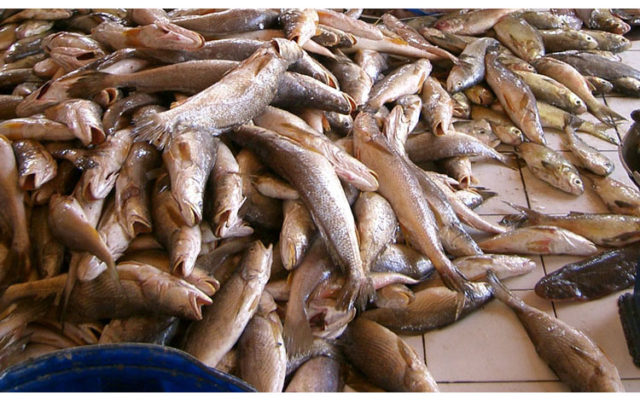
(3 minutes read)
· Cameroon, concerned about the high import of fish by the country, entailing huge outflow of foreign exchange is promoting aquaculture projects, which will have two spin off effects
· Apart from promoting domestic employment, a growing fish industry can considerably cut down the huge import bill
· Cameroon imports 50.6% of the requirements from African countries , such as Mauritania, Senegal, 19.6% from Asia (China) and 12.9% from Europe (Ireland).
Cameroon, concerned about the high import of fish by the country, entailing huge outflow of foreign exchange is promoting aquaculture projects, which will have two spin off effects. Apart from promoting domestic employment, a growing fish industry can considerably cut down the huge import bill.
Cameroon imports around 180,000 tons of fish per year, according to official data, which costs close to US$ 200 million. This is quite substantial for the Central African country , which has limited resources to fund such imports. Cameroon produces more than one million tons of fish per year, which is inadequate to meet country’s domestic demand.
The country imports fish from Senegal, Mauritania and Ireland. With the new initiatives that are springing up in the country, few young entrepreneurs have started industrial aquaculture projects to help the country cut down on fish imports. The government also gives incentives for such enterprises either for catching fish or processing. The government banned the import of fresh or frozen fish from China early February 2020. This had led to increase in the domestic prices of fish. This measure was taken to prevent the spread of the Coronavirus epidemic.
China is Cameroon’s second-largest supplier of fish products. Cameroon imports 50.6% of the requirements from African countries , such as Mauritania, Senegal, 19.6% from Asia (China) and 12.9% from Europe (Ireland). The local production, of fish went up from 252,214 tons in 2014 to 292,675 tons in 2018. Despite a 40,461 tons increase over a 4-year period, supply is not enough to meet the domestic demand, which is estimated at about 400,000 tons yearly.











